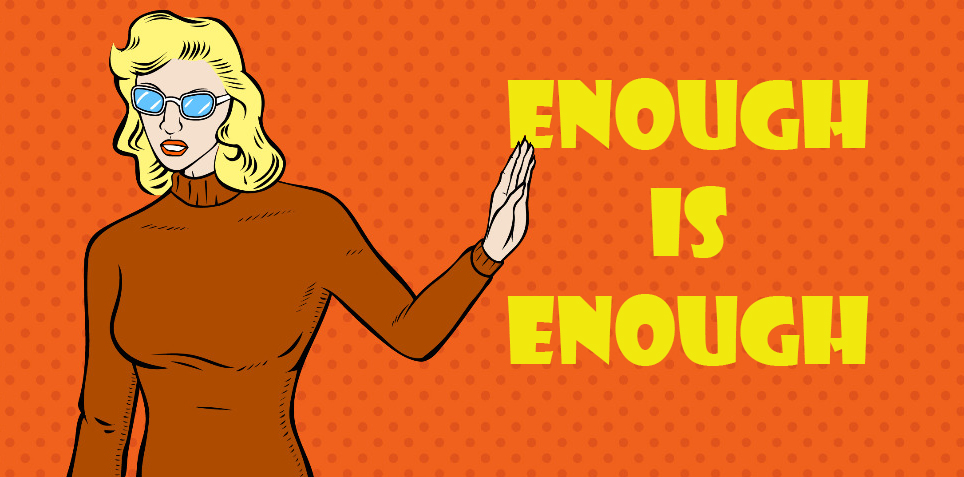Sledging is inappropriate, unprofessional and harmful to the patients and to the profession.
As a GP, it doesn’t take long for someone to question your expertise.
As a young registrar, I remember working in a rural town three hours from St Elsewhere’s. At the time, unfortunately, our GP anaesthetist was out of town, so when we had a 16-year-old boy with classical appendicitis present, I had to transfer him to the city.
At the time, we had no ultrasound, and no blood tests, so I was flying on clinical skills alone.
I rang the surgical registrar, who asked (predictably) “are you sure it’s appendicitis”. I answered that I was as sure as I could be, considering my context. “If it’s appendicitis,” he said, “the pain is on the right side of the abdomen.”
Over the years, I’ve been a little tolerant of registrars. They don’t see GPs often, and they do learn, so I usually take a deep breath and explain through gritted teeth that yes, I know where the appendix is.
Usually they mature and feel a bit embarrassed by their judgy behaviour. But there are some who should know better.
Interprofessional learning is a good thing. I was taught remote medicine by nurses, obstetrics by obstetricians and midwives, and mental healthcare by psychiatrists and psychologists.
I have been so fortunate to learn from Aboriginal and Torres Strait Islander cultural educators and mentors, and I have learned a lot from co-presenters who are consumers and carers.
In turn, I’ve trained my share of nurses, paramedics and psychologists. I currently work in a practice with psychologists and psychiatrists, where I’m the only GP and the collaboration is wonderful.
However, at the moment it seems my job is to sit down, shut up and listen to my betters. I realised this when I first moved to Canberra and was asked to speak at a mental health expo.
“We want you to give a typical GP case of simple depression or anxiety,” said the organiser. “And we will interrupt you and explain how you could have done it better.”
Apart from the fact that I don’t think I see “simple cases of depression and anxiety” it was a bit of a waste of my skills and enormously disrespectful. I declined.
Recently, the Pharmacy Guild came out to say it was “bloody insulting” to learn from someone like me. A nurse practitioner described people like me as perpetrators of domestic violence: “It’s pretty much like an arranged marriage where all the power sits with the husband and the wife can either exist under the rule of the husband or she can go and starve. And if that husband decides he doesn’t want you anymore, well, you’re gone.”
The irony of being a female doctor and yet again being accused of being a patriarch is not lost on me. The Nurses and Midwives were even more blunt, accusing people like me of being driven by profits and the production of personal wealth, at the expense of patient care.
I’ve had a lot of this lately, and apart from being quite depressing, it’s also a bit perplexing. Most of my patients have teams around them, so I have had over three decades of effective, collaborative, multidisciplinary care at the heart of my work.
But I’ve had enough.
From now on, anyone who tells me that I “shouldn’t be scared because they can teach me how to collaborate”, any nurse practitioner who rings me and says “you don’t need to know anything, I just need you to be nice”, any nursing student who tells me she’s been taught not to use the word “doctor” because we don’t deserve the title, any pharmacist who tells me my GP doesn’t know the appropriate guidelines but he can educate her if I like and certainly anyone who publicly denigrates the profession I love gets some firm feedback.
Each of those situations has happened. Each of them is an appalling example of professional bias, and a lack of interprofessional courtesy.
I will not collaborate with people who want a scapegoat, not a colleague.
And sometimes, when it’s too awful, I do consider my mandatory reporting obligations. I am supposed to report to AHPRA if there is a “significant departure from accepted professional standards”.
Related
I do struggle with who decides what is “accepted professional standards”.
I would fail a medical student who decided to treat a woman with pelvic pain without an examination, but this seems to be accepted practice for the “female women’s health pharmacist” up the road.
If I report to the Pharmacy Board will it go anywhere? Does it matter? Or do we just accept that there’s a reason we pay yearly indemnity fees of $10,000 plus and pharmacists pay $185. Perhaps it’s because patient safety looks different in different guilds.
It just doesn’t seem right.
True collaboration surely exists where we work together to achieve better outcomes. This sort of sledging is inappropriate, unprofessional and harmful to the patients and to the profession.
Enough is enough.
Associate Professor Louise Stone is a working GP who researches the social foundations of medicine in the ANU Medical School. She tweets @GPswampwarrior.





